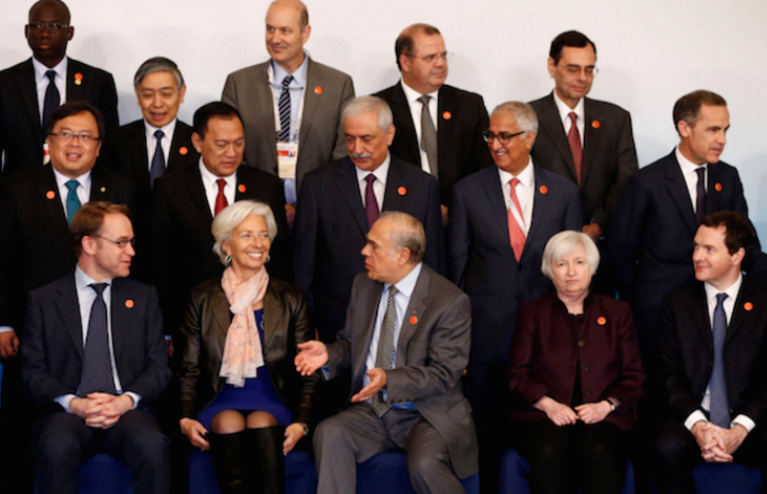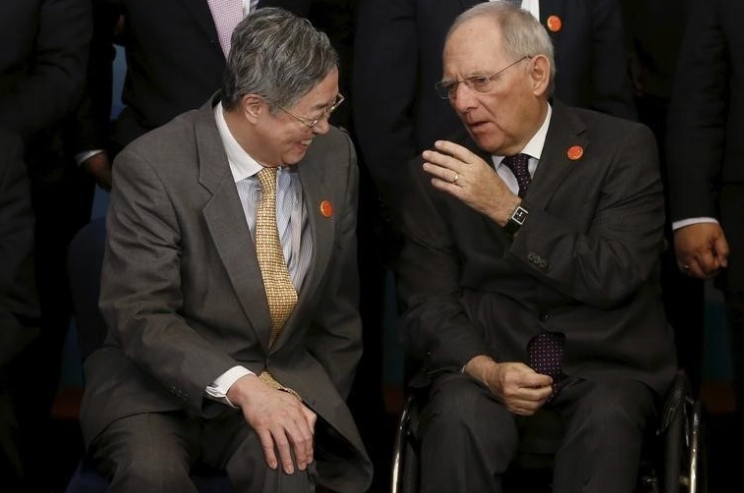Market still struggling to understand the Fed decision

Why?
That's what so many market watchers are asking. The Fed had worked so hard to build some hawkish credibility. Waiting to raise rates made sense when markets were roiled in January but with sentiment stable or improving, why turn even more dovish?
Paul Viera in the WSJ put it well in his latest column:
The Federal Reserve on Wednesday not only refrained from raising interest rates, but it telegraphed that it would almost certainly raise rates at an even slower pace than it previously expected. This is a break from its outlook of just three months ago, when it raised its benchmark rate at the December meeting and laid out the path for the awkwardly phrased "policy normalization."
The Fed has been talking about normalizing rates for several years now, so it's rather jarring that just a few months after it starts doing just that, it handcuffs its own policy. Even more odd is that the data back up its original goals. All of this gives a short-term boost to the risk-on set, but it is unsettling to anybody who's time-frame is not measured in nanoseconds.
So we're back to the question of 'why?'
It's hard to believe there is some kind of domestic problem that market's haven't stumbled across. We know there are strains in the junk bond market but that's nothing new and it's something the Fed has brushed aside for 8 months.
One new dove on the scene is the Dallas Fed's Kaplan. He's been worried about the dollar and international volatility and said the Fed should be open to leaving policy on hold for an extended period.
Aside from the dollar (it's taboo to talk about it), that's basically the same message as the FOMC meeting.
So option one is that Kaplan is awfully convincing and that some others have been swayed over time.
Or maybe it was a meeting outside the Fed
The direction for the Fed comes from the top and in late February Yellen attended the G20 in China. Global markets turned around almost immediately after the summit.
"The global economy risks becoming trapped in a low growth, low inflation, low interest rate equilibrium," BOE Governor Mark Carney warned at the summit.
Were there whispers about central banks doing more?
There was definitely talk about more stimulus (generally of the fiscal kind). The belief at the time was that Germany and China were the sticking points but the Bundesbank relented on ECB easing and China reopened the taps immediately after the meeting.
Merkel will surely have realized that an economic crisis to go along with the refugee crisis would be the undoing of the German-led European project.

How could the US contribute to a global effort to shore up demand? Congress is incapable of adding stimulus so the only helpful card the US could offer would be monetary stimulus.
Maybe Yellen got the message.
Since the G20:
- ECB unveils bigger-than-expected stimulus package
- China cuts RRR
- China loosens property lending, unveils other stimulus
- Fed turns dovish without warning
- S&P 500 up 5%



